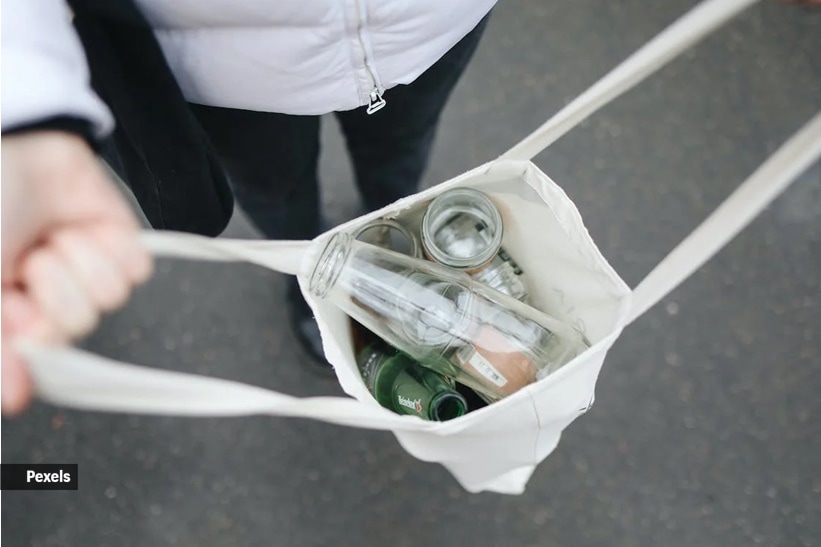The Japanese concept of mottainai (もったいない) is a powerful term that translates roughly to “what a waste!” or “waste not, want not.” It embodies a philosophy of respecting resources, minimising waste, and appreciating what we have. This idea is deeply rooted in Japanese culture, influenced by Buddhist principles that emphasise mindfulness, gratitude, and the careful use of materials.
In modern times, mottainai has evolved into a sustainability movement, inspiring individuals and governments worldwide to rethink consumption habits, reduce environmental impact, and embrace a more thoughtful way of living.
The origins and cultural importance of mottainai
Historically, mottainai was used to express regret when something was wasted—be it food, time, knowledge, or objects. In traditional Japan, people made the most of every resource: clothes were mended and passed down, food scraps were repurposed, and even broken pottery was repaired using kintsugi, the art of mending ceramics with gold to celebrate imperfections rather than discard them.
Story continues below this ad
This philosophy extends to modern Japan, where meticulous waste sorting, repair cafes, and zero-waste lifestyles have become integral parts of daily life. Even in language, mottainai is often used as a reminder to appreciate and fully use everything available.
The late Wangari Maathai, a Kenyan environmental activist and Nobel Peace Prize winner, helped globalise the mottainai concept, linking it to the “Three R’s”—Reduce, Reuse, Recycle—and adding a fourth: Respect. This expansion highlights mottainai as not just a way to manage waste but a principle for living harmoniously with nature.
 Adopting mottainai in everyday life can lead to more mindful consumption, reduced waste, and a deeper appreciation for resources (Source: Pexels)
Adopting mottainai in everyday life can lead to more mindful consumption, reduced waste, and a deeper appreciation for resources (Source: Pexels)
How to apply mottainai in daily life
Adopting mottainai in everyday life can lead to more mindful consumption, reduced waste, and a deeper appreciation for resources. Here are practical ways to integrate this philosophy:
1. Reduce Waste in Your Home
Food conservation: Plan meals carefully to avoid food waste. Use leftovers creatively, and compost scraps.
Mindful shopping: Buy only what you need to avoid unnecessary purchases. Choose quality items that last longer.
Minimal packaging: Opt for products with less packaging or bring reusable bags and containers when shopping.
2. Reuse and Repair
Story continues below this ad
Upcycling and repurposing: Give old items a new purpose instead of throwing them away (e.g., turning old clothes into cleaning rags).
Repair culture: Mend clothes, fix broken appliances, and support repair workshops instead of immediately replacing items.
Secondhand shopping: Buy pre-owned clothes, furniture, and electronics to reduce demand for new production.
3. Recycle and Dispose Responsibly
Proper waste sorting: Learn and follow local recycling guidelines to ensure materials are processed correctly.
E-waste recycling: Dispose of electronics properly at designated recycling centers.
Composting: Convert food scraps and biodegradable materials into compost for plants.
4. Practice Respect and Gratitude
Appreciate resources: Acknowledge the effort and energy that go into producing goods, from food to clothing to electronics.
Conscious consumerism: Support brands and businesses that prioritize sustainability and ethical practices.
Mindful energy use: Turn off lights when not in use, limit water waste, and use energy-efficient appliances.
While mottainai is deeply rooted in Japanese culture, its principles are universal. Many sustainability movements worldwide reflect its values, from zero-waste lifestyles to circular economies that emphasise reuse over disposal. Countries like Sweden, Germany, and the Netherlands have adopted similar waste-reduction strategies, proving that mottainai is more than just a cultural belief—it’s a necessity for a sustainable future.



AloJapan.com